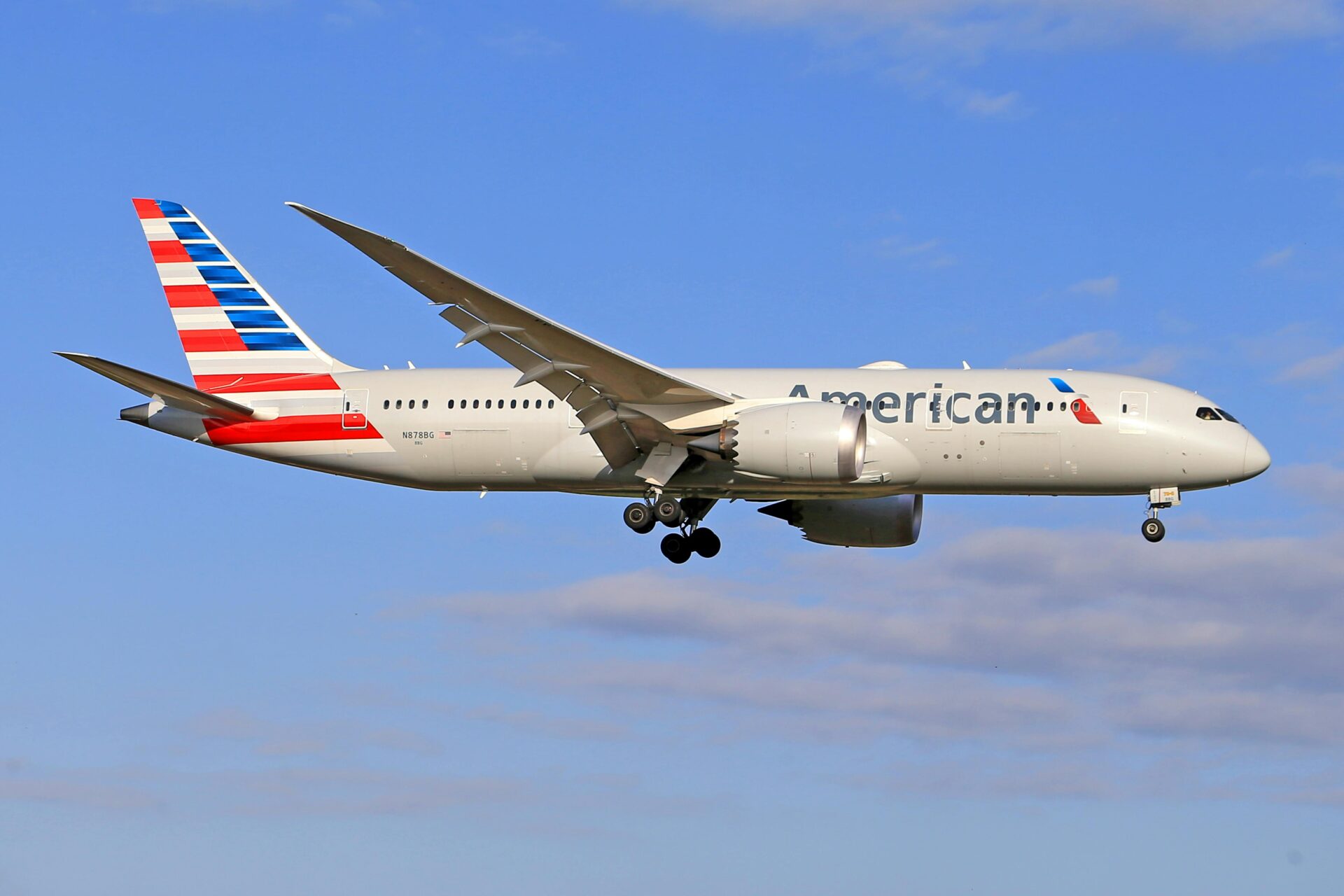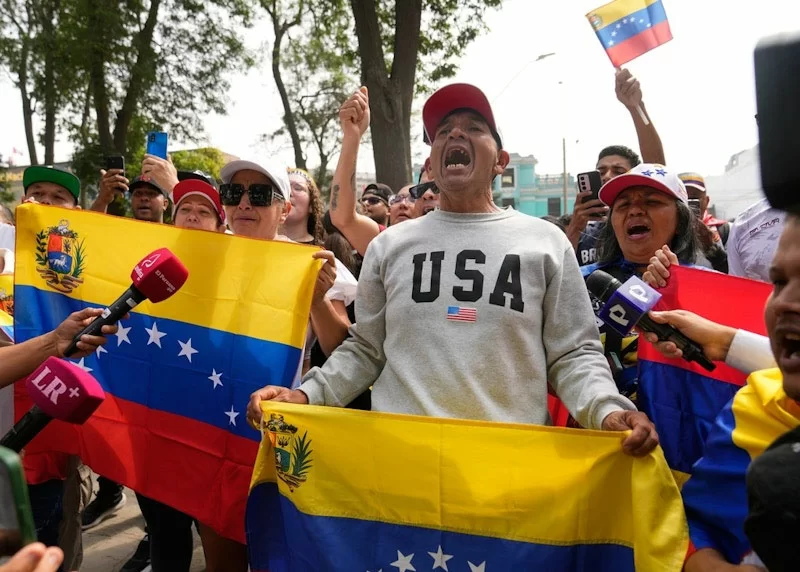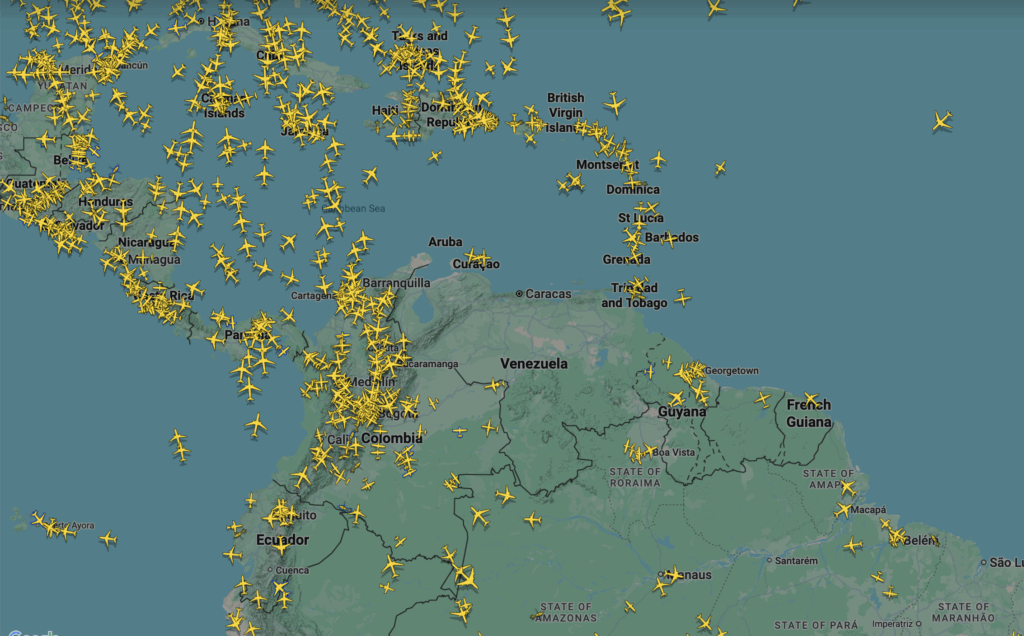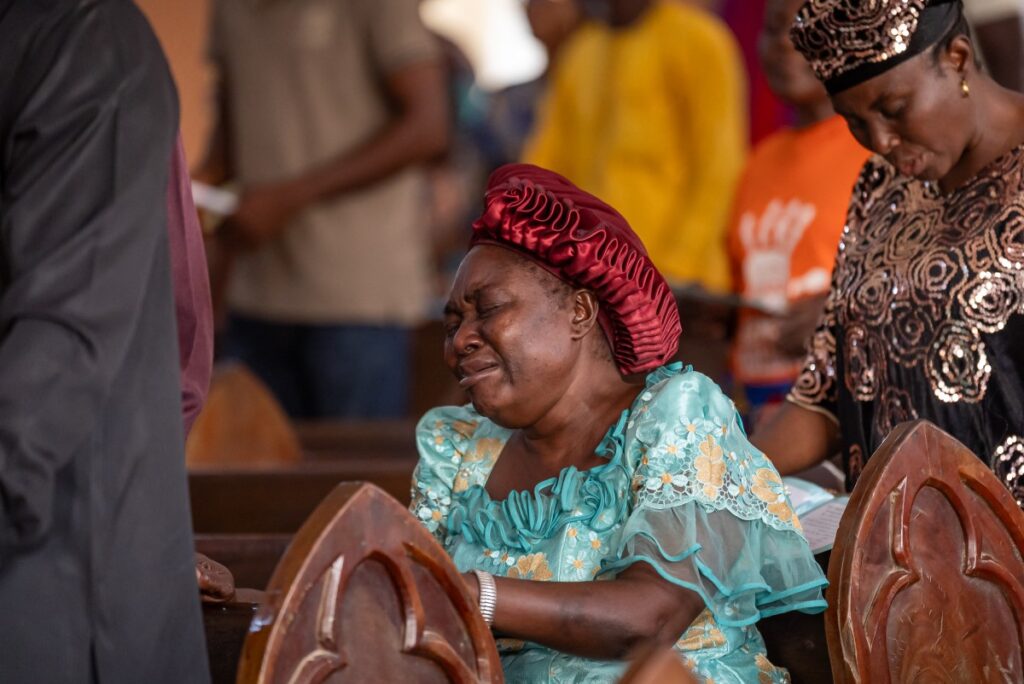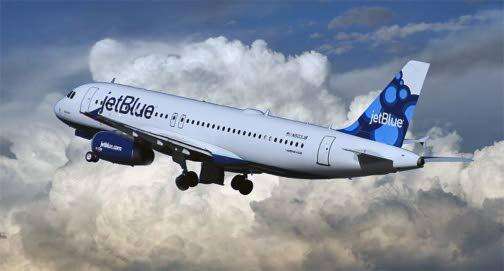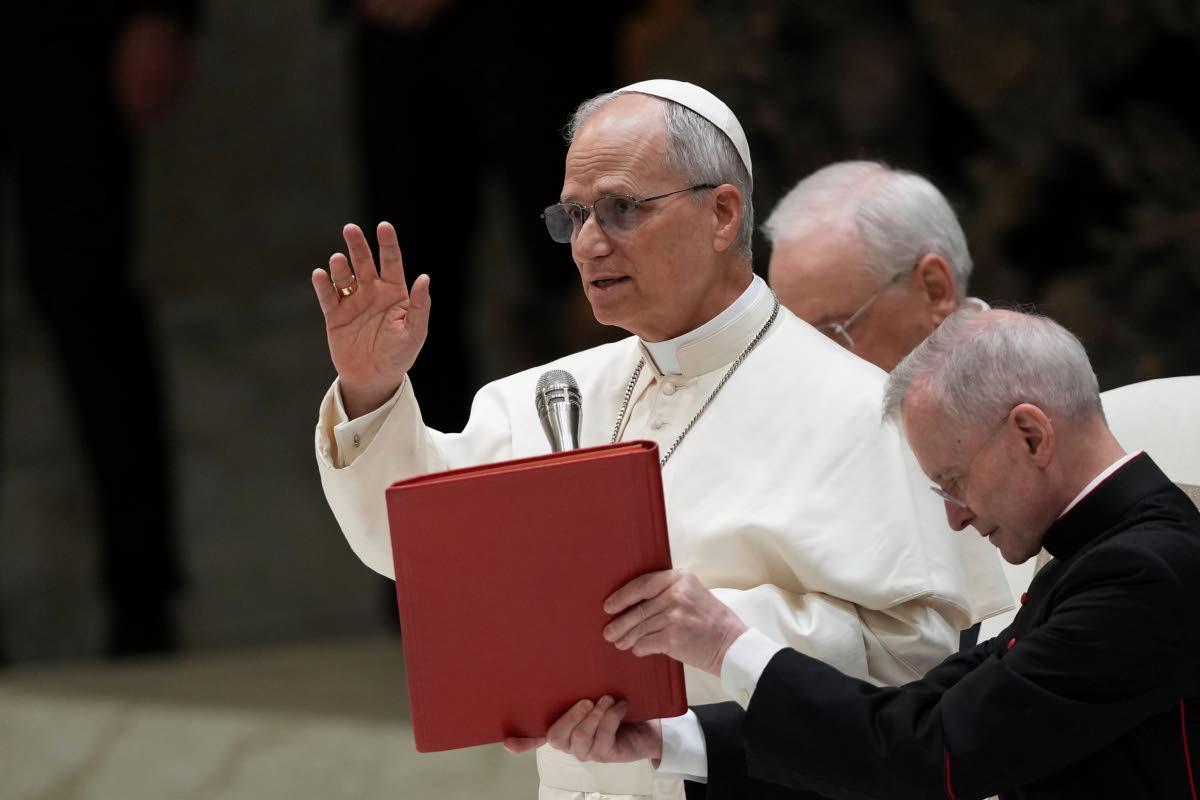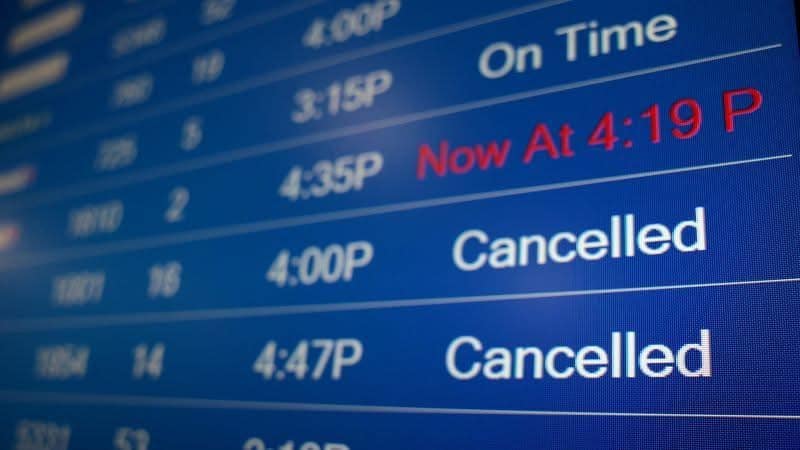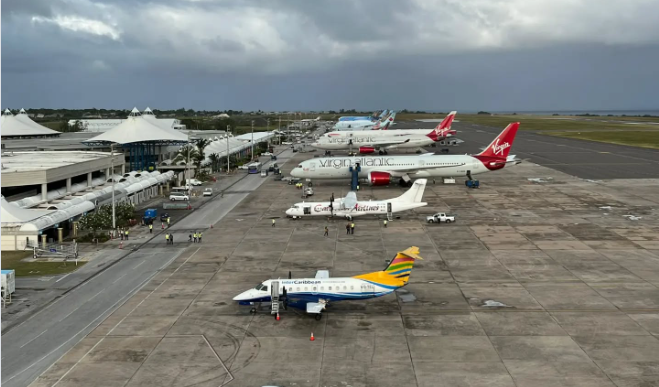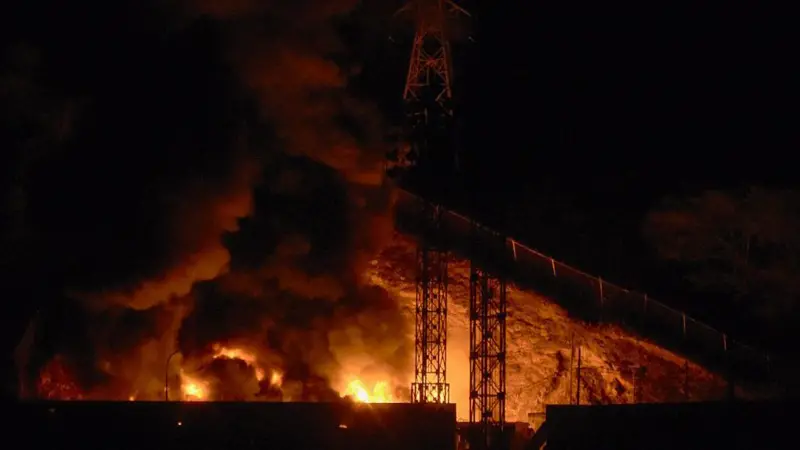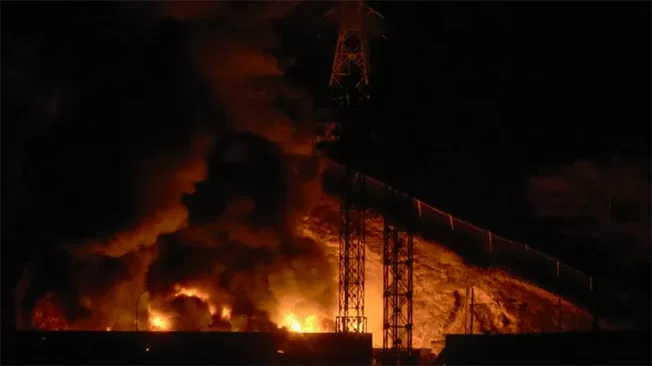Air travel across the Eastern Caribbean descended into chaos Saturday as escalating geopolitical tensions triggered widespread flight disruptions. Multiple international carriers suspended operations or adjusted routes following a U.S. military strike on Venezuela, creating a cascade of cancellations and delays that stranded thousands of passengers.
Airports throughout the region reported severe schedule irregularities, particularly affecting U.S.-based carriers. Both inbound and outbound flights experienced significant disruptions, with some aircraft forced to return mid-flight while others were abruptly removed from schedules. JetBlue Flight 2017 to Port of Spain was among those compelled to turn back during its journey, according to Flight Radar 24 data.
The operational chaos extended beyond American carriers. European airline KLM confirmed it could not operate scheduled flights to Curaçao, Aruba, and Sint Maarten due to airspace closures near Curaçao, affecting approximately 1,200 passengers across five flights. All aircraft already en route were safely returned to Amsterdam.
Flight Aware data revealed 1,445 U.S. departures experienced delays Saturday with 599 cancellations. While no formal explanation was immediately issued, airline representatives at Trinidad’s Piarco International Airport cited the U.S. military action as the direct cause for disruptions.
The disruptions followed a Federal Aviation Administration advisory warning of a ‘worsening situation and heightened military activity’ in Venezuelan airspace. The notice, effective until February 19, cautioned that threats could endanger aircraft at all altitudes during overflight, arrival, and departure phases.
Six international carriers—TAP, LATAM, Avianca, Iberia, Gol, and Caribbean—have indefinitely suspended Venezuela flights, according to Marisela de Loaiza, president of the Airlines Association in Venezuela. Turkish Airlines will suspend operations from Monday through Friday.
The aviation crisis unfolds amid heightened tensions between Washington and Caracas. The Trump administration has authorized at least 21 strikes on alleged drug-trafficking vessels since September, resulting in at least 83 fatalities. President Trump recently indicated he had ‘sort of made up’ his mind regarding further operations against Venezuelan leadership.
In response, President Nicolás Maduro has deployed thousands of troops in preparation for potential conflict. The FAA noted that while Venezuela hasn’t expressed intent to target civil aviation, its military possesses advanced fighter aircraft, anti-aircraft artillery, and man-portable air defense systems capable of threatening commercial flights.
Airlines urged passengers to monitor flight status through official channels as conditions continue evolving rapidly. Travel operators recommended contingency planning including flexible accommodation arrangements and alternative travel dates, with recovery timelines remaining uncertain.
